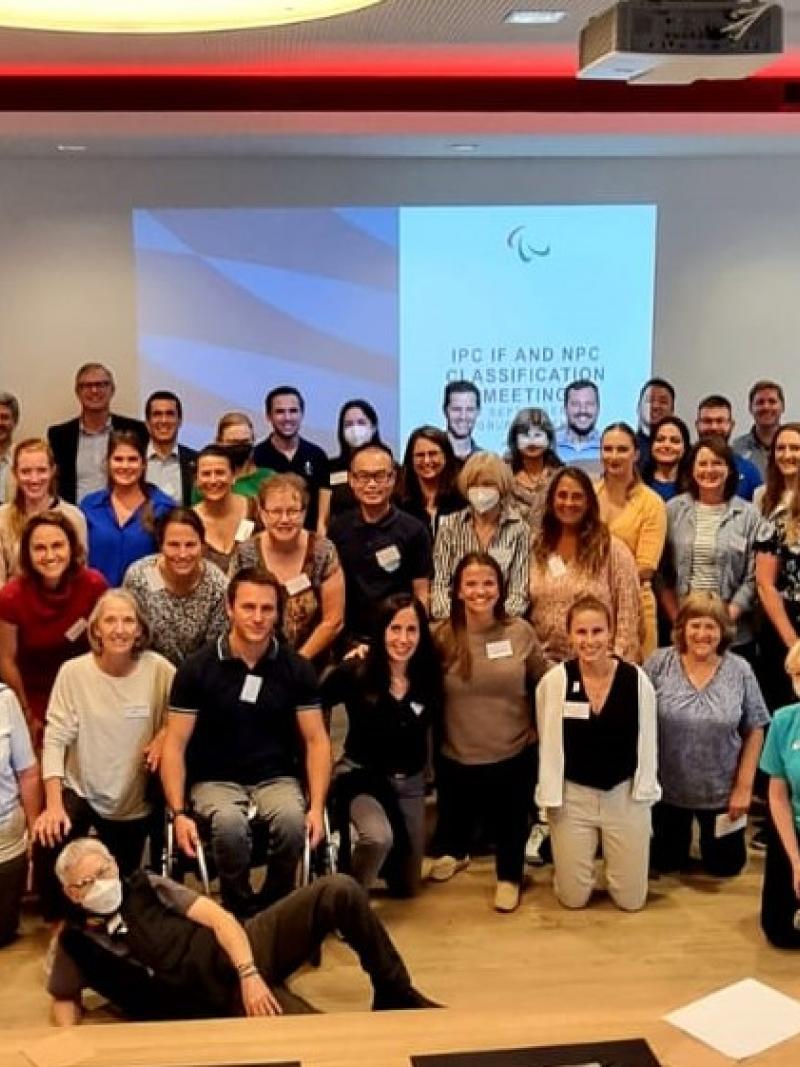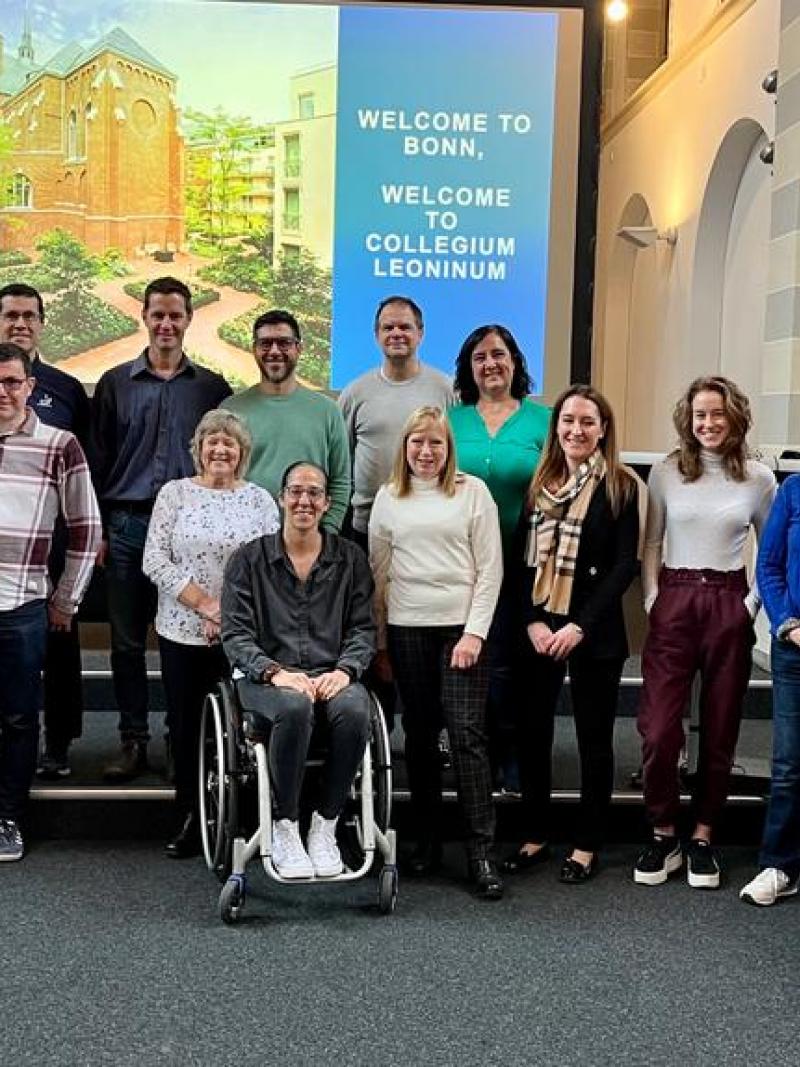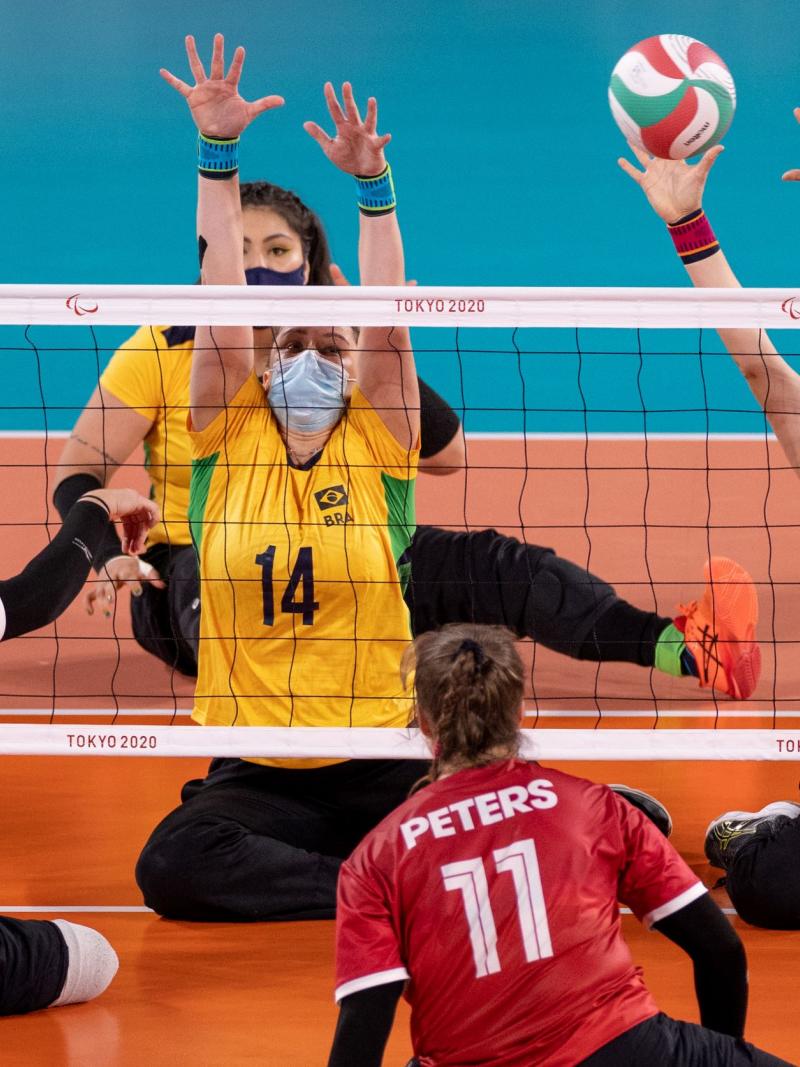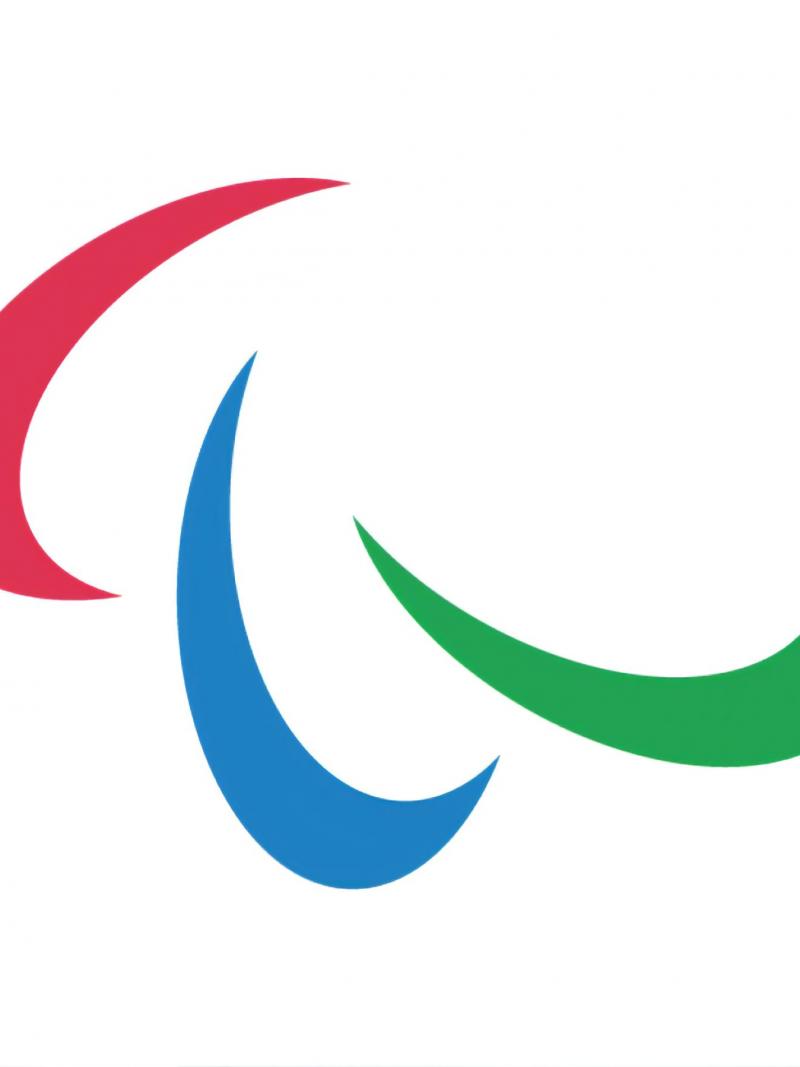Inaugural Classification Compliance and Oversight Committee plans for the future
New chairperson is intellectual impairment specialist Professor Jan Burns, who praised the work of former Classification Committee chair Anne Hart 17 Mar 2023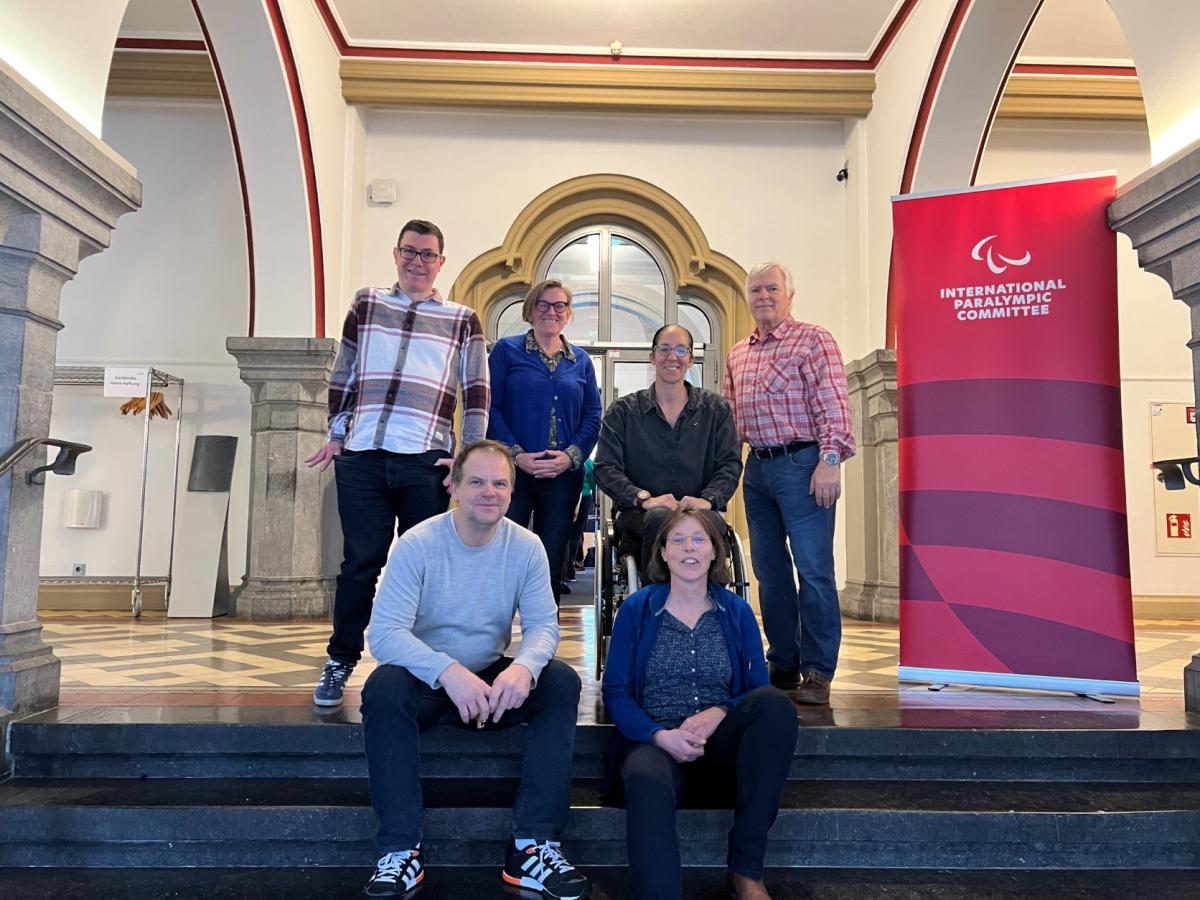
The newly appointed Classification Compliance and Oversight Committee met for the first time in person recently in Bonn, Germany, with the goal of developing and delivering the IPC (International Paralympic Committee) Classification Code, increasing education and communication about classification across the Paralympic Movement, and guiding the member International Federations who are each responsible for classification in their own sport.
As part of the IPC’s Governance Review there was an analysis of the Committee structures done to ensure alignment with the new IPC strategy.
The Classification Compliance and Oversight Committee (CCOC) was developed and approved as part of the new IPC Constitution. After a lengthy and competitive application process, the IPC Nominations Panel approved the Committee members of the CCOC. Its full terms of reference are available in the IPC Handbook.
The CCOC will advise the IPC Governing Board on the ongoing development and compliance with the IPC Classification Code, and on global classification education and understanding, and facilitating communication and education about classification in the Paralympic Movement to all stakeholders.
The CCOC will also advise and guide member International Federations in relation to their classification systems.
In addition to its wider goal, the Committee has a new chair, Professor Jan Burns MBE. Burns is the Academic Director of the Centre for Sport, Physical Education and Activity Research at Canterbury University in England. She has an extensive background in intellectual impairments and is a member of the Code Review Team drafting the next IPC Classification Code.
“One of the reasons the IPC Governing Board wanted to reposition the Committee and give it a new name was that it is a real pivotal time in classification, with the Code Review and the ongoing divestment of the IPC sports. The latter means the IPC will shortly not be engaged in delivering classification through its own six sports. Central to the new CCOC is getting into a position of shared ownership and shared responsibility with the Paralympic Movement,” Burns said, before adding that there are three important things the Movement needs to work on together.
“The first thing is Code compliance and implementation of the new Code, and developing a strategy that helps the International Federations implement the Code,” she said.
“The second key area is education. This needs to be done well for all members of the Paralympic Family. We must not lose the nuances of classification for whatever audience we are trying to address, but we must make it as a topic accessible and understandable.
“The final strategy is framing classification as something that is ever changing and evolving. We know from the last two decades that changes will happen to alter the landscape of classification: that could be new research, a medical advancement, or even a change to a sport. We must be flexible enough to ensure that advances can be accommodated within classification.”
Burns also praised the work of the former Classification Committee, and their chair Anne Hart, who has been involved in classification for more than 25 years. Hart was part of the IPC team that developed the first Classification Code, has served on the Committee since its creation in 2003, and chaired it since 2011.
“Anne helped create the foundations of what classification is and its importance to the Paralympic Movement,” Burns said.
“Classification has been on a massive journey over the last 20 years, and Anne has had to take a lot of people, sometimes reluctantly, with her. But she has done that with a great degree of humility, finesse, and massive professional competence. I’m in awe of what she has achieved, and the Movement owes her and the fellow classification pioneers a great deal of gratitude.”
Hart, who will remain on the IPC Code Review Team until its conclusion, believes there was considerable progress made in classification over its first two decades.
“It doesn’t feel like it’s been 20 years. It feels more like 20 months because time flies so quickly in classification," she said. "When we first started the Classification Committee many people thought we were crazy, like it was just this big unanswerable question. But there is no question that cannot be answered, it’s just that it might not be answered fully immediately.
“Two decades on we are definitely getting much closer to having objective reliable classification systems that everyone can understand,” Hart added before praising the large volunteer workforce that delivers classification globally.
“Volunteers are the lifeblood of the Paralympic Movement and those in classification do it because they are passionate about making sport available to more people. Many classifiers are physios, doctors, and teachers. They know the power that sport has on the people they work with in their daily lives. Knowing how sport can transform lives, they want everyone to have that opportunity and classifiers are there purely for the betterment of Para sport."
The full list of appointments on the CCOC appointments are available here: IPC Bodies.





